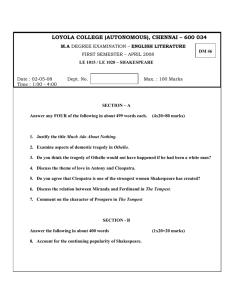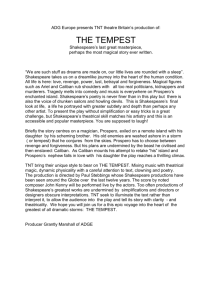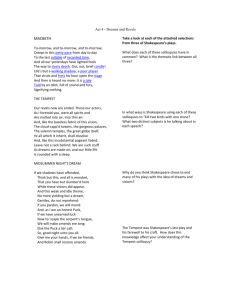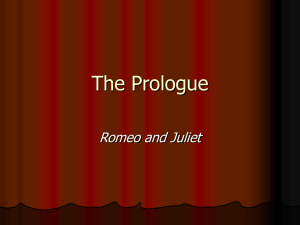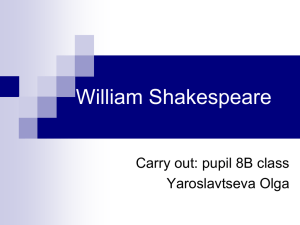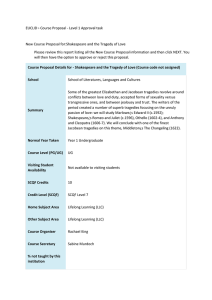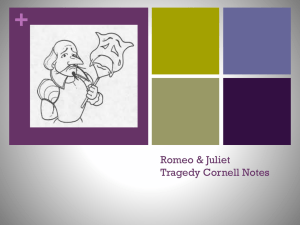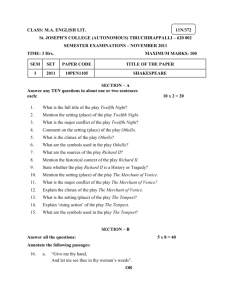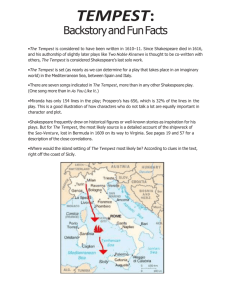Brave New Literary Allusions
advertisement
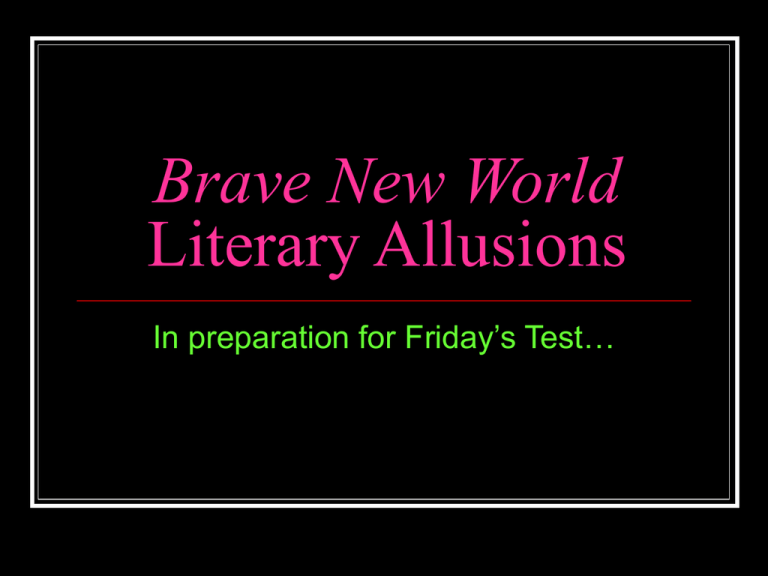
Brave New World Literary Allusions In preparation for Friday’s Test… Herman Von Helmholtz German scientist who discovered the principal of the conservation of energy. Rothschild An international banking family who exerted great control over European economic history for almost 200 years. Friedrich Engels German revolutionary political economist who worked with Karl Marx from 1842-1883 Ivan Pavlov Russian Physiologist and Noble laureate, best known for his studies of reflex behavior. (dogs+ bell=salivation) Sigmund Austrian Freud physician who developed theories about the psychology of human sexuality and dream interpretation. John B. American Watson psychologist who became the leader in the psychology of behaviorism Benito Mussolini Italian leader who created the first fascist political party and allied himself with Germany during W.W. II Herbert Hoover 31st president of the U.S. who held office (1929-1933), during The Great Depression Henry Ford He developed and massproduced the “model T” and pioneered the use of the factory assembly lines J. Edger Hoover American criminologist and director of FBI for 48 years. Federal Bureau of Investigation “Just the facts, ma’am…” Nikolai Lenin Russian Communist leader who was responsible for placing the soviet government in control of Russia during the October revolution of 1917 Karl Marx German philosopher who wrote of a communist utopia in his Communist Manifesto. Thomas Malthus British economist who wrote an essay on The Principal of Population—a book that says population tends to increase faster than the supply of food is available. George Bernard Shaw Irish born writer who wrote more than 50 plays that dealt with themes regarding the need of social reform. Pascal French philosopher, mathematician, and physicist who reasoned that it was more beneficial believing in God than it was harmful. Mustapha A poem written by Fulke Gerville in 1609. William Shakespeare British author who wrote 36 plays, 154 sonnets, and 2 narrative poems. One of the most widely admired writers ever. Eton College Aldus Huxley attended this private school in Berkshire, England. The school is so prestigious, that children are registered at birth for admission into the college. Thebes A well-watered and fertile city in Greece that was reportedly founded by the legendary Cadmus, a Phoenician who introduced the alphabet to the Greeks. Babylon This ancient capitol once was located 55 miles south of the Euphrates river. The name means “Gate of God.” Charing Cross Bridge in London that was an early work by Andre Derain (1880-1954). Westminster Abbey The most famous church in Great Britain; it enshrines many of the traditions of the British people. Princess Diana’s marriage and funeral were in this church. Big Ben The Great Bell/Clock tower located on the Houses of Parliament in London. Odysseus A Greek hero, who in Homer’s Odyssey, adventures for ten years before finally returning home. Job (pronounced Jobe) A book in the Bible about a pious Jew afflicted with disease, poverty, and tragedy; he remains loyal to God and eventually is blessed in abundance. Miranda She The Tempest says, “O Brave New World” in Shakespeare’s last play. She is the daughter of Prospero. Ariel She The Tempest is Prospero’s good spirit servant. She is a major character in Shakespeare’s last play. Romeo and Juliet Shakespeare’s famous tragedy play that was written in 1595. It dramatizes the fate of two lovers through poetic treatment. Othello Play that was written by Shakespeare in 1604. It is a tragic story about jealousy and deception between a Moor and a white woman. Grrr…. Argh! Anthony & Cleopatra This is a historical tragedy play written by Shakespeare in 1607. It is about two lovers who must face the wrath of the Roman Emperor, Octavius King Lear A Shakespearean tragedy that deals with a king, his three daughters, and the fall of nobility through deceit and treachery. A Shakespeare Hamlet tragedy play that was written in 1603. It is one of the best known plays in world literature, and involves a king’s death and his son’s vengeance. Desdemona A young woman who loves and marries a Moorish soldier. Tragically, she is killed by the man whom she married. Othello Courtly Love This is a code of behavior that influenced chivalric ideals and feudalism. It established rules of conduct that men and women were supposed to follow.
